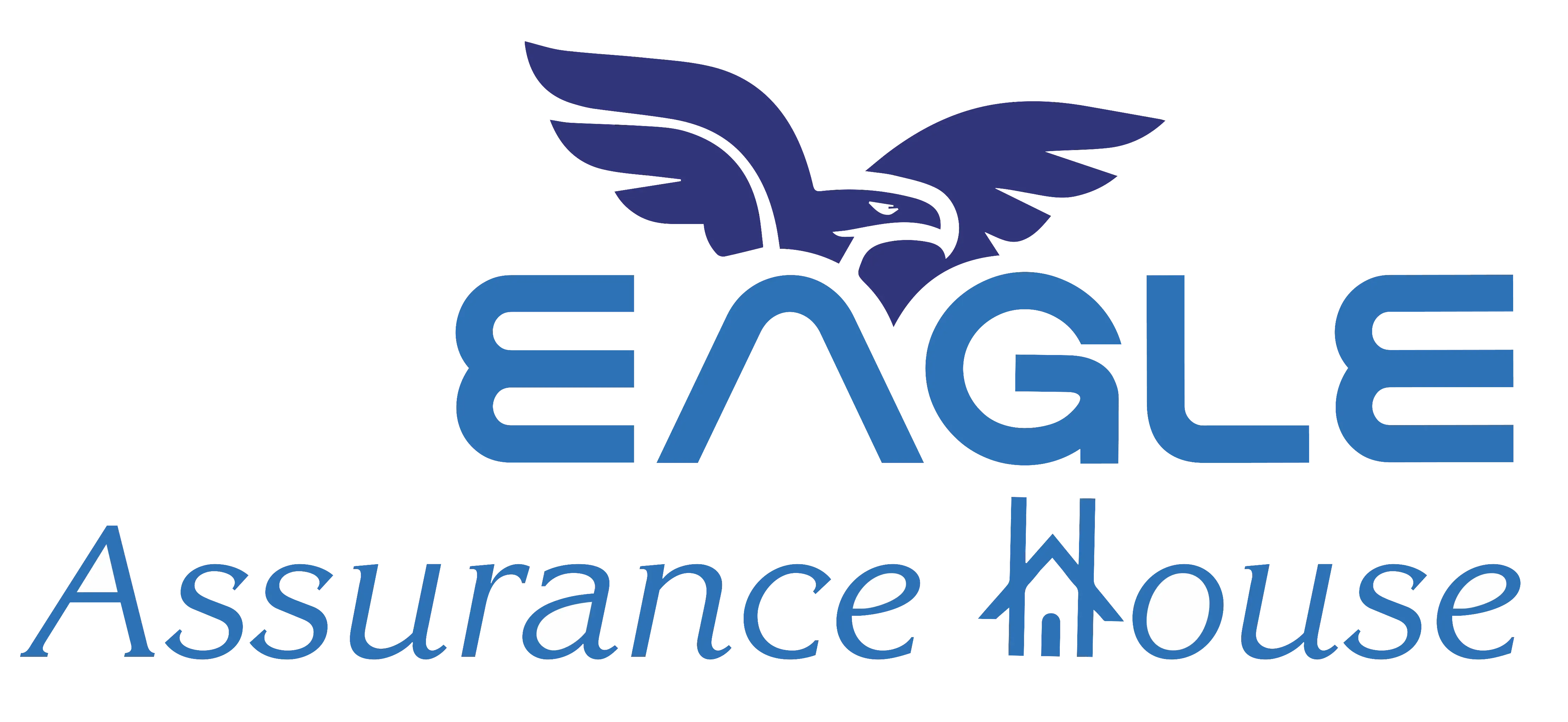
The Key to Customer Confidence: Rigorous Testing for Superior Tile Performance







Ceramic tiles have become a popular choice for flooring, walls, and countertops, offering durability, aesthetic appeal, and ease of maintenance. However, with so many options on the market, the question of trust arises. How do customers know that the tiles they are purchasing will perform as expected and meet quality standards? The answer lies in quality assurance inspections, which play a vital role in ensuring the reliability and consistency of ceramic tiles.
we’ll explore how quality assurance (QA) inspections build trust between manufacturers, suppliers, and customers in the ceramic tile industry.

Consistency is key in the ceramic tile industry. Customers expect each tile in a batch to have uniform dimensions, colors, textures, and finishes. Any deviation in these factors can result in a mismatched floor or wall, leading to customer dissatisfaction.
How QA Inspections Help:
QA inspections start with a thorough evaluation of the manufacturing process. This includes the consistency of raw materials, such as clay and glaze, and the uniformity of firing times and temperatures. Inspections ensure that every tile produced adheres to the exact standards set for the product line, eliminating variability and ensuring uniform quality.
Benefit:
Consistent tiles mean that customers can rely on the product, building long-term trust in the brand.
One of the most important factors that affect customer trust is the durability of ceramic tiles. Tiles must be able to withstand daily wear and tear, foot traffic, moisture, and even extreme temperatures, depending on where they are installed.
How QA Inspections Help:
During QA inspections, tiles are tested for strength, resistance to impact, water absorption, and resistance to stains and chemicals. These tests are critical to determining the longevity and performance of the tile under real-world conditions. For example, tiles with high water absorption rates are unsuitable for wet areas like bathrooms, while tiles that crack under pressure can pose safety hazards.
Benefit:
QA inspections ensure that tiles perform as promised, increasing customer confidence in the product’s durability.
In a global marketplace, ceramic tiles are often sold across borders, making it essential for products to meet both local and international standards. From the Bureau of Indian Standards (BIS) to the ISO 13006 guidelines, compliance ensures that ceramic tiles are of high quality and safe for use.
How QA Inspections Help:
QA inspections are designed to ensure that tiles meet the necessary standards and certifications required by regulatory bodies. This includes testing for slip resistance, thickness, and thermal shock resistance, among other criteria. Manufacturers that follow these stringent inspections can guarantee that their products meet safety and quality benchmarks, whether they are sold domestically or internationally.
Benefit:
Compliance builds trust with customers, distributors, and retailers, as they know the product adheres to recognized safety and quality standards.
The ceramic tile industry is often multi-layered, with various suppliers and manufacturers contributing to the final product. Without a clear and transparent supply chain, it can be difficult to ensure that every component meets the desired quality standards.
How QA Inspections Help:
By incorporating QA inspections at every stage of the supply chain—from raw material sourcing to final product distribution—manufacturers can maintain transparency. Each batch of tiles can be traced back to its source, and any issues can be addressed swiftly. This ensures that every tile delivered to the customer is of the highest quality.
Benefit:
Transparency fosters trust, as customers and partners know that the product they are receiving has been thoroughly inspected and vetted at every stage of production.
No one likes dealing with product defects. In the ceramic tile industry, defects can range from visible cracks to color inconsistencies or tiles that don’t meet the promised dimensions. Defective products lead to customer dissatisfaction, returns, and reputational damage.
How QA Inspections Help:
Through rigorous QA inspections, manufacturers can significantly reduce the likelihood of defective tiles reaching the market. Inspections help identify issues early in the production process, preventing defective batches from being shipped to retailers or customers. By ensuring high-quality products from the start, manufacturers can minimize returns and improve customer satisfaction.
Benefit:
A reduction in product defects leads to fewer complaints, building trust in the quality and reliability of the product.
Ultimately, quality assurance inspections are about ensuring that the customer receives a product that meets or exceeds their expectations. A well-inspected, high-quality tile results in a positive experience for the end user, whether it's a homeowner, contractor, or business owner.
How QA Inspections Help:
By maintaining high standards through QA inspections, manufacturers not only improve the physical quality of their tiles but also enhance their brand reputation. Satisfied customers are more likely to become repeat buyers and advocates for the brand, spreading positive word-of-mouth and driving future sales.
Benefit:
Enhanced customer satisfaction leads to customer loyalty, brand advocacy, and long-term business success.
In the competitive ceramic tile market, building trust is essential for long-term success. Quality assurance inspections play a critical role in achieving this by ensuring consistent product quality, compliance with standards, and transparency throughout the supply chain. From verifying the durability of tiles to minimizing defects, QA inspections provide a safeguard that helps manufacturers deliver top-quality products that meet customer expectations.
By implementing thorough QA inspections, ceramic tile manufacturers can create lasting trust with their customers, ensuring that their products stand the test of time—both in quality and reputation.